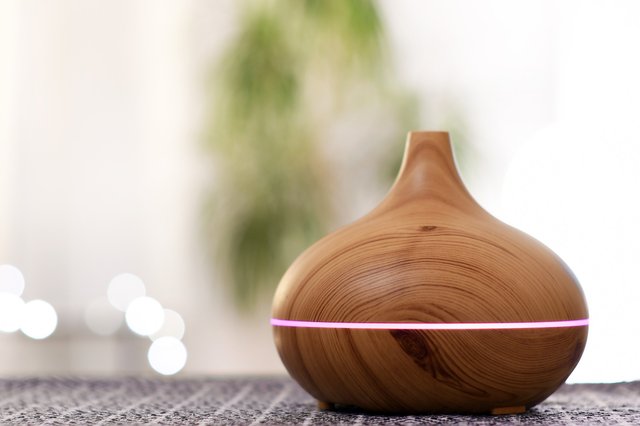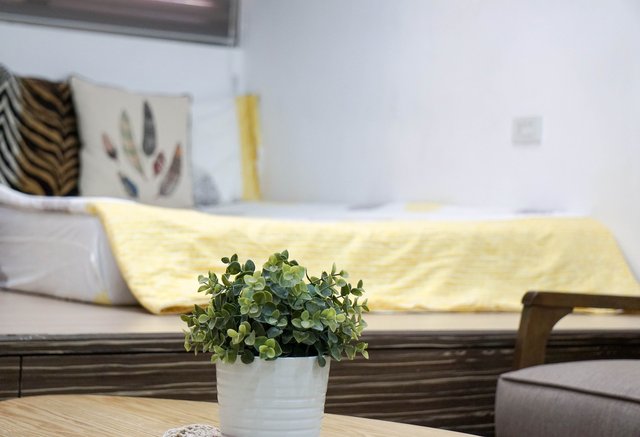Tips and strategies to help you get a good night’s sleep
Getting a proper night’s sleep is essential for our well-being. When we don’t sleep properly, it can leave us feeling frazzled, stressed, impatient, and even ornery. Our cognitive function, decision-making, and impulse control are compromised. We may not be as patient, kind, or forgiving as we would normally be. In short, we suffer twice, once from a lack of sleep, and then again from the consequences. Don’t let a lack of sleep throw you off your game.
Below are some tips and strategies to help you get a good night’s sleep:
Manage your time.

Image by Michal Jarmoluk from Pixabay
Create a realistic To-Do list. Your day can be ambitious, but it still needs to be balanced. Every day should include self-care. It's great to work hard, but it's equally important to look after ourselves. When we look after ourselves, we are more productive in the long-term. Set a bedtime. Your bedtime should not be based on completing your To-Do List! As important as it is to have a plan for doing work, it is perhaps more important to have a plan for rest, relaxation, self-care, and sleep.
Regular exercise.

Image by StockSnap from Pixabay
Not only will you feel better physically, but you will feel better mentally. Studies are showing that regular aerobic exercise can lift your mood, increase serotonin levels, relieve stress, and help you to sleep better. Swimming, dancing, biking, running, and even walking are excellent examples. Pick something you love and will be excited to do. Pick something you can incorporate into your lifestyle and schedule. Make regular exercise a habit. Remember, don’t exercise 2 hours or less before your bedtime, or it may actually interfere with your sleep.
Limit your caffeine intake.

Image by engin akyurt from Pixabay
Many people enjoy a good cup of coffee in the morning. Studies show that it takes approximately 45 minutes to absorb caffeine. However, the half-life for coffee is about 4-6 hours. In total, it can take between 16 and 25 hours for the caffeine to completely leave your body. Limit your coffee to 3 cups or less in the morning. Do not have any caffeine less than 6 hours before bedtime. Check the ingredients of what you are consuming. Some medications also contain caffeine. Keep in mind that some people are more sensitive to caffeine than others.
Curb your electronics.
Remove your electronics from your bedroom. Yes, even your TV and your cell phone! Buy an alarm clock instead. Your bedroom is a sleeping zone, a haven free from distraction. Watching TV, surfing the internet, and using on social media before bed can all interfere with a good night's rest. Studies are showing that the artificial light from these devices can interfere with our natural sleep cycles. We may also become distracted, lose track of time, and stay up later than we intend to. Turn off your TV, and computer at least 30 minutes before bedtime. Put your phone on silent and put it away.
Watch what you eat.

Image by Pezibear from Pixabay
Don’t eat a large meal at least 2 hours before bedtime. If you are going to eat before bed take some time to learn which foods to avoid. For example, avoid consuming diuretics such as lemon, ginger, hibiscus, oats, cabbage, tomatoes, cucumber, etc. You don't want to disrupt your sleep by having to get up to use the washroom. Avoid sugary foods as they may give you a sudden energy burst. Avoid foods that are rich in tyramine such as aged cheese, cured meats, soy products, fava beans, overripe fruits, etc. Tyramine causes the body to release norepinephrine, which is a stimulant. Avoid acidic foods if you suffer from acid reflux and avoid fatty foods as they take longer to digest. Avoid iced drinks before bed as they can actually boost your metabolism and keep you awake. When resting your body, it is ideal to also let your digestive system rest.
Skip the nightcap.

Image by Kasjan Farbisz from Pixabay
Even though you may find it relaxing and it may help you to fall asleep easier, it will not allow you to sleep as well. Studies show that consuming alcohol before bed prevents people from getting the REM sleep they need. They also wake up more easily, particularly in the 2cnd half of the night.
Create a bedtime ritual.

Image by Karolina Grabowska from Pixabay
Make a To-Do list for tomorrow. Lay out your clothes. Prepare for tomorrow. Reflect on the day, make a gratitude list. Next, dim the lights. If you like, put on some soft music and use relaxing essential oils. Do some stretching. Meditate. A cup of warm milk or some caffeine-free herbal tea can help you to relax. Do some deep breathing exercises. Allow yourself to put all of your worries aside.
Comfort.

Image by Anke Sundermeier from Pixabay
Control the environment you sleep in. Lower the temperature. Use white noise to drown out any other sounds. Make sure it is dark or use a sleeping mask. Use aromatherapy if you like. Some relaxing scents you could try are lavender, sandalwood, cedarwood, bergamot, or jasmine. Use bedding you find comfortable. A firm sleeping surface is recommended for good spinal health.
Hopefully, these tips and strategies can help you to get on the right track. Consider keeping a sleep journal to help you figure out what works for you and what doesn’t. Remember, being proactive is more effective than being reactive. Arm yourself with knowledge and get help if you need it. You deserve a good night’s rest!
Akiroq Brost
